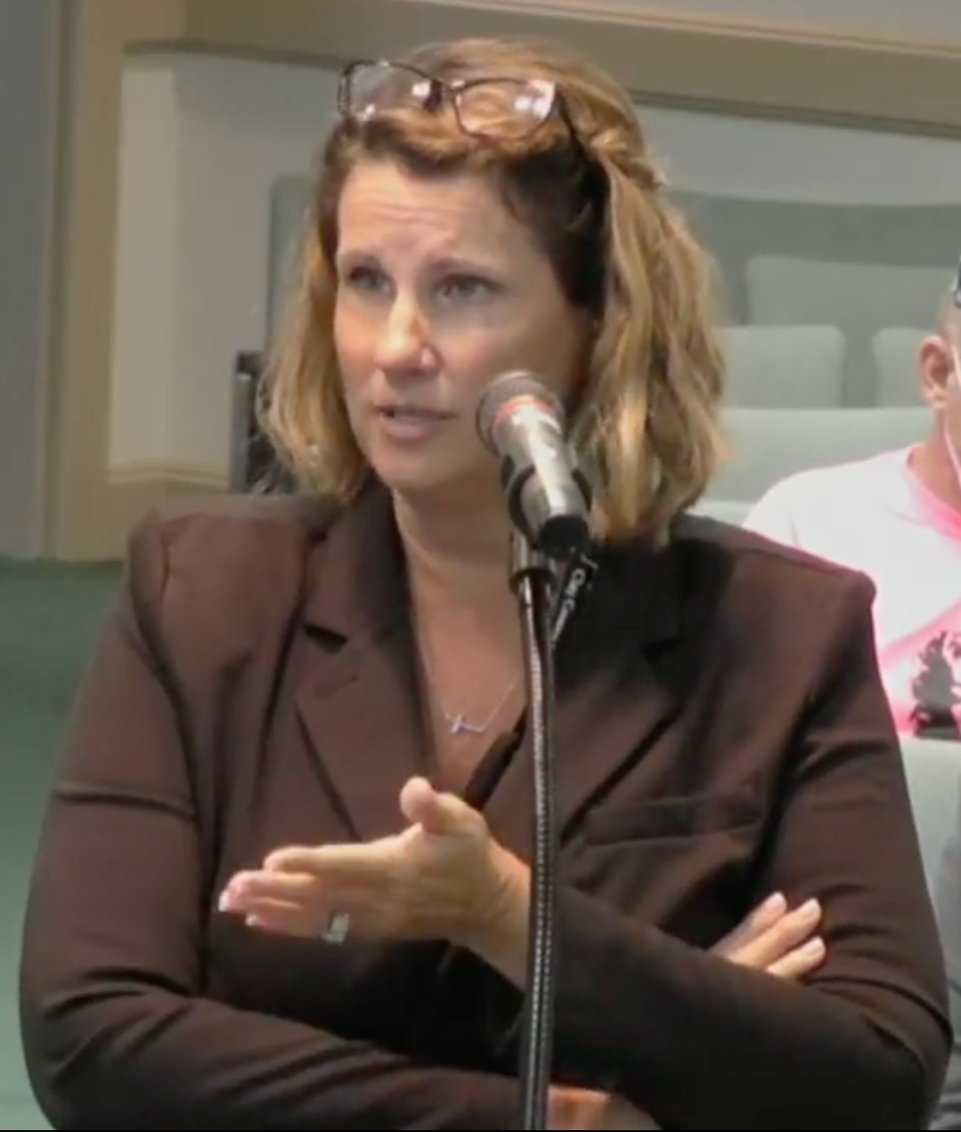Clay launches paramedicine program to reduce opioid overdoses
GREEN COVE SPRINGS – The Florida Department of Health in Clay County said beginning Jan. 11, the Overdose Data to Action Community Paramedicine Program will begin offering services to …
This item is available in full to subscribers.
Attention subscribers
To continue reading, you will need to either log in to your subscriber account, or purchase a new subscription.
If you are a current print subscriber, you can set up a free website account and connect your subscription to it by clicking here.
If you are a digital subscriber with an active, online-only subscription then you already have an account here. Just reset your password if you've not yet logged in to your account on this new site.
Otherwise, click here to view your options for subscribing.
Please log in to continueDon't have an ID?Print subscribersIf you're a print subscriber, but do not yet have an online account, click here to create one. Non-subscribersClick here to see your options for subscribing. Single day passYou also have the option of purchasing 24 hours of access, for $1.00. Click here to purchase a single day pass. |
Clay launches paramedicine program to reduce opioid overdoses
GREEN COVE SPRINGS – The Florida Department of Health in Clay County said beginning Jan. 11, the Overdose Data to Action Community Paramedicine Program will begin offering services to residents.
The OD2A Community Paramedicine Program, a collaborative partnership between the Department of Health in Clay County, the Clay County Board of County Commissioners, Clay County Fire Rescue and Clay Behavioral Health Care, was created to reduce opioid related drug overdoses in the county.
As part of this partnership, CCFR Community Paramedicine Program staff will offer Clay County residents who have experienced an opioid overdose the opportunity to receive Medication Assisted Therapy with follow up services through CBHC. MAT combines the use of medication with education and psychosocial and/or behavioral therapy to reduce mortality rates and improve outcomes in opioid addicted patients.
Once a prospective client consents to the program, CCFR Community Paramedicine Program staff will make daily contact (up to seven days) with the client to provide a dose of Buprenorphine, a medication approved by the Food and Drug Administration to treat opioid use disorder. Daily contact will end once CCFR staff confirm that a client has started services through CBHC. Clients accepted into the Paramedicine Program are eligible to receive periodic checks from the CCFR Paramedicine staff for up to one year.
Referrals to the program can occur through CCFR dispatch, field crews responding to overdose calls, or through walk in requests for assistance at CCFR stations. Local area hospitals, law enforcement officers and jail personnel can also refer to the OD2A Community Paramedicine Program via referral form. Residents interested in more information can contact DOH – Clay at (904) 529-2800 and those interested in receiving services can contact the Community Paramedicine Program team at (904) 284-7703. Residents can obtain education and supportive services, even if they decline MAT.
“This partnership is a vital step toward decreasing the rates of fatal and non-fatal opioid overdoses,” stated Heather Huffman, Administrator for DOH-Clay. “According to Florida Health Charts, Clay County’s rate of Drug Poisoning deaths and Unintentional Injury Deaths by Drug Poisoning for 100,000 people exceed the State of Florida rate. In 2019 alone, there were 124 non-fatal opioid involved overdoses and 248 opioid-involved non-fatal overdose emergency department visits. By October of 2020, there were 429 incidents where Narcan was administered by CCFR to 449 patients. We are confident that through community education, the efforts of the Opioid Task Force and the Community Paramedicine Program services, we will see a decrease in opioid overdoses and deaths.”
“Clay County Fire Rescue would like to thank Baptist Clay, Orange Park Medical Center, St. Vincent’s Clay, the Clay County Sheriff’s Office and the Department of Health in Clay County for their partnership and support in making this endeavor a whole community approach,” stated Battalion Chief Glenn East, the Clay County Fire Rescue Paramedicine Coordinator. DOH Clay also facilitates the Opioid Task Force meetings conducted virtually using the Microsoft Teams platform. Representatives from several local agencies attend and the Task Force welcomes residents who want to become involved. If you are interested in participating, contact Mary Imhansiemhonehi, Opioid Prevention Coordinator at (904) 529-2831 or via e-mail at mary.imhansiemhonehi@flhealth.gov for an invite. The next meeting will be held on Wednesday, Jan. 20.








